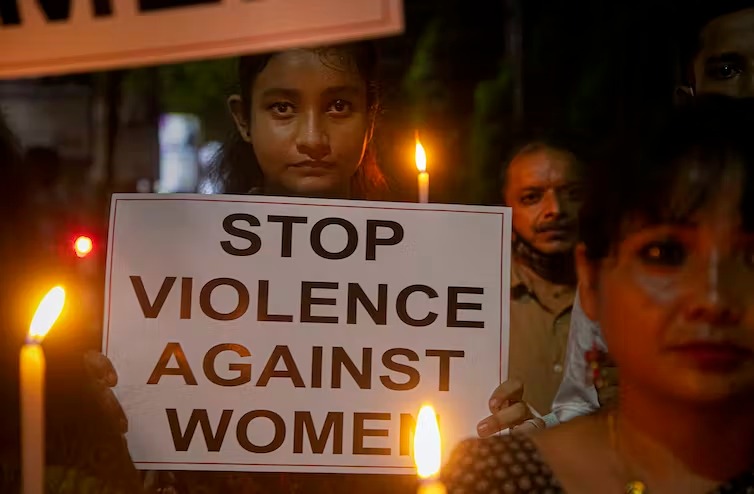where will justice be found?
- Dr. Satyawan Saurabh

Being in the weaker section is unfortunate but in a developing country like India, it is worse to be marginalized, weak, and vulnerable. They face many difficulties in accessing justice and grievance redressal. Access to justice refers to the ability to participate in the judicial process. But the weaker section of society is not aware of the judicial process. For example, Women, LGBTQ, Disabled, SC/ST, etc. Many people do not know the NALSA judgment, Sexual Harassment Act, and SC/ST Act.
Being marginalized is unfortunate, but being marginalized, vulnerable and vulnerable in a developing country is even worse. Marginalized people are most affected by even minor disruptions or shocks, e.g. During the nationwide curfew to contain the spread of Covid-19, the economically disadvantaged were the most affected.
Access to Justice is the capability of a State where every person irrespective of his economic and other disabilities can get judicial redressal and that too in a fair, equitable, and speedy manner. Access to justice can be formal i.e. by approaching the courts for judicial remedy and informal i.e. legal solutions outside the court, such as mediation, arbitration, and conciliation.
Many communities like Adivasis/Scheduled Tribes are not aware of the constitutional safeguards and other statutory provisions put in place for the upliftment of the community and redressal of their grievances, as a result, they accept discrimination and ill-treatment as normal. How long does it take to give a final decision? This aspect is essentially related to laxity in the police investigation, and the perception of the weaker sections harming them. For example, the incident shown in Jai Bheem Movie 2021. Marginalized groups in particular fear the system, it leads to unrecognized and unrecognized grievances, they see it as foreign, and are not used to it.
For example, in cases of rape, women are asked to recount the trauma they faced, similarly, incidents of caste violence or discrimination go unreported to the police because of their caste prejudices or because of the upper class. refuses to register an FIR fearing dominance of the According to the Efficient Access to Justice Survey, 2017, the complex, costly and time-consuming process of the court is the only reason for the weaker section not to approach the courts. Civil servants with empathy and sensitivity play a vital role in access to justice or redressal of grievances. For example, violence against Scheduled Castes and Scheduled Tribes cannot be judged as a general act of assault, and thus the Scheduled Castes/Scheduled Tribes Act, 1989 is being invoked.
The civil servant may set up a mechanism so that the people especially the marginalized may know about their rights and seek redressal in case of violation of those rights.
A civil servant or any officer having sympathy for the socially and economically weaker sections can provide free and competent legal services to the weaker sections of society by approaching the courts for judicial remedy with the facility of service under Article 39A.
Helping them through Lok Adalats informally out-of-court solutions like mediation, arbitration, and conciliation to cut time.
Over the years, civil servants have worked to protect, promote and uplift the weaker sections of society. Meanwhile, it involves strengthening social, educational, economic, and political empowerment with the collective efforts of policymakers, the state, and various NGOs. Access to justice is an inalienable right of a citizen. Courts are the last bastion of hope for marginalized communities and barriers to access to courts and justice rob these people of basic humanity and dignity and vitiate democracy. Today the world is talking about the shift of geo-political power from West to East and India is considered an important element in South and South East Asia, however, it will not be of much use-victim be victim, the culprit Excuse me! Dragging legs without justice, where will justice be found!! If India is unable to ensure implicit justice.